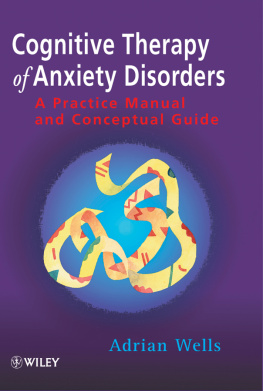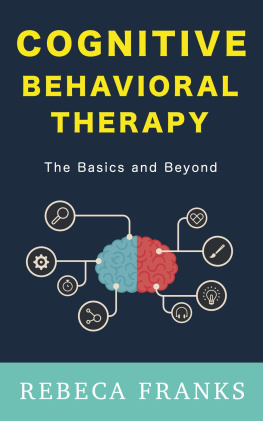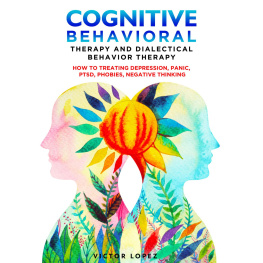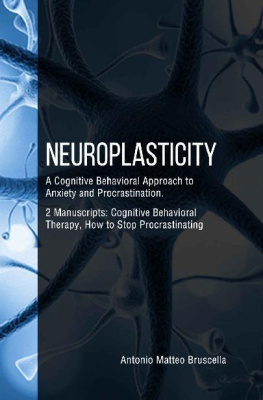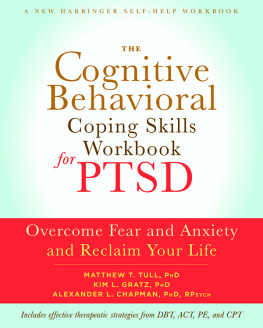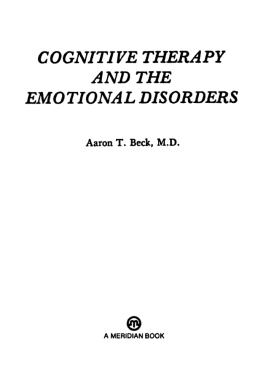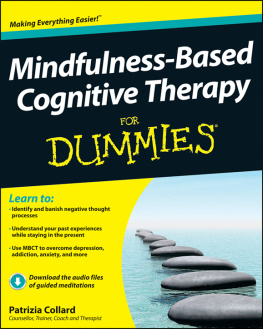

Copyright 1997 John Wiley & Sons Ltd, The Atrium, Southern Gate, Chichester,
West Sussex PO19 8SQ, England
Telephone (+44) 1243 779777
Email (for orders and customer service enquiries):
Visit our Home Page on www.wileyeurope.com or www.wiley.co.uk
All Rights Reserved. No part of this publication may be reproduced, stored in a retrieval system or transmitted in any form or by any means, electronic, mechanical, photocopying, recording, scanning or otherwise, except under the terms of the Copyright, Designs and Patents Act 1988 or under the terms of a licence issued by the Copyright Licensing Agency Ltd, 90 Tottenham Court Road, London W1T 4LP, UK, without the permission in writing of the Publisher. Requests to the Publisher should be addressed to the Permissions Department, John Wiley & Sons Ltd, The Atrium, Southern Gate, Chichester, West Sussex PO19 8SQ, England, or emailed to , or faxed to (+44) 1243 770571.
This publication is designed to provide accurate and authoritative information in regard to the subject matter covered. It is sold on the understanding that the Publisher is not engaged in rendering professional services. If professional advice or other expert assistance is required, the services of a competent professional should be sought.
Other Wiley Editorial Offices
John Wiley & Sons Inc., 111 River Street, Hoboken, NJ 07030, USA
Jossey-Bass, 989 Market Street, San Francisco, CA 94103-1741, USA
Wiley-VCH Verlag GmbH, Boschstr. 12, D-69469 Weinheim, Germany
John Wiley & Sons Australia Ltd, 33 Park Road, Milton, Queensland 4064, Australia
John Wiley & Sons (Asia) Pte Ltd, 2 Clementi Loop #02-01, Jin Xing Distripark, Singapore 129809
John Wiley & Sons Canada Ltd, 22 Worcester Road, Etobicoke, Ontario, Canada M9W 1L1
British Library Cataloguing in Publication Data
A catalogue record for this book is available from the British Library
ISBN13: 978-0-471-96474-2 (HB)
ISBN13: 978-0-471-96476-6 (PB)
ABOUT THE AUTHOR
Adrian Wells is currently appointed as Senior Lecturer in Clinical Psychology and Consultant in the Department of Clinical Psychology at the University of Manchester. He is a leading cognitive therapist with an international reputation in the field. After receiving his PhD in 1987 he subsequently trained in clinical psychology. He was a post-doctoral fellow at the Center for Cognitive Therapy Philadelphia for the year 19891990 where he received his diploma in cognitive therapy from Aaron T. Beck. For the next five years he worked as Senior Research Clinical Psychologist at the University of Oxford Department of Psychiatry. There he collaborated with the Oxford Cognitive Therapy group in the development and evaluation of cognitive therapy of anxiety. He has been extensively involved in the training and supervision of cognitive therapists both nationally and internationally, and is the author of numerous published works on cognitive theory and treatment.
PREFACE
There were two broad aims in writing this book. The first was to produce a comprehensive practical text of cognitive therapy of anxiety disorders. In order for a treatment guide to be of most value it should offer a detailed description of not only what to do in treatment but also an account of how to do it. This book does both. Through detailed analysis it has been possible to develop for the first time specific protocols of how to implement a range of basic and advanced cognitive modification procedures. The book is illustrated throughout with case examples and examples of therapeutic dialogues. All of the material used is based on actual cases.
Cognitive therapy represents many things to many clinicians. Often what clinicians do in treatment is determined by what their experience tells them should be effective. However, the principle on which this book is based is that if cognitive therapy is to advance and become increasingly effective in the hands of a range of therapists we need to develop a cognitive therapy of greater theoretical integrity. More specifically, the techniques used in treatment should be derived from a specific cognitive conceptualisation of a problem.
The second aim of this work, therefore, was to present a pure approach to cognitive therapy that makes a significant contribution to advancing theory and practice. The link between theory and practice and the influence of new ideas in cognitive therapy is a recurrent theme. The practice of cognitive therapy ranges from the more eclectic applications to more purist approaches in health settings; this book argues for a purer form of cognitive therapy.
Structure of the book
The first chapters (14) of the book present a background to cognitive theory of anxiety disorders and an overview of assessment. The nature of cognitive therapy, and basic techniques are presented in Chapters 3 and 4. The first four chapters are indispensable reading and even experienced cognitive therapists should find new information here. The individual disorder chapters present detailed descriptions of the use of specific conceptualisations and strategies in treatment.
The book is written in a particular sequence so that fundamental skills are presented first and more advanced and complex concepts and strategies evolve as the work progresses. It is also written to reduce redundancy in the presentation of strategies across chapters. Each disorder chapter focuses on the application of some of the most useful techniques for the specific disorder under consideration. Nevertheless, many of the techniques reviewed in earlier chapters should be considered. In this way the book presents a comprehensive coverage of a wide range of cognitive therapy case conceptualisations and techniques.
The panic disorder chapter follows the influential cognitive theory and treatment developed by David M. Clark, and colleagues. The hypochondriasis chapter follows the theory and treatment developed by Paul Salkovskis, David Clark, Hilary Warwick and colleagues. These chapters contain some new material devised by the author. The rest of the book is based on the authors theoretical, research and practical experience.
Training and supervision in cognitive therapy
While this book offers a comprehensive guide to cognitive therapy of anxiety, appropriate training and continued supervision by appropriately trained therapists are essential for the development of effective cognitive therapy skills. It is recommended that therapists should attend recognised workshops and pursue cognitive therapy training at centres that offer suitable courses.
Adrian Wells
Chapter 1
COGNITIVE THEORY AND MODELS OF ANXIETY: AN INTRODUCTION
There is no single cognitive theory or model of anxiety disorder. This book focuses primarily on the approach of Beck and allied approaches, which are among the most influential and are supported by data from rigorous experiment and self-report studies. Since the concept of cognition is central in this volume it is necessary to define what is meant by this term in the present context. In its broadest sense cognition refers to the full range of processes and mechanisms that support thinking, and also the content or products of these processes, namely thoughts themselves. The basic premise of cognitive theories of emotional disorder is that dysfunction arises from an individuals interpretation of events. Moreover, behavioural responses emerging from particular interpretations are also important factors involved in the maintenance of emotional problems.
Next page
